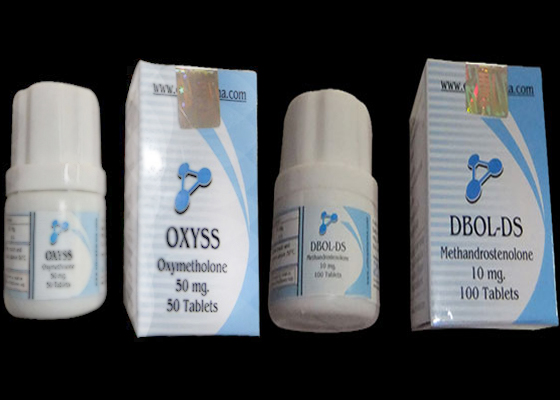What to do and what not to do while taking oral steroids
For the treatment of potentially life-threatening conditions like cancer or asthma, corticosteroids, commonly known as steroids, are recommended by doctors. Despite their effectiveness, steroids have a number of adverse effects that can have a negative impact on a patient’s quality of life, including osteoporosis, hyperglycemia, Cushing’s syndrome, depression, and immunosuppression. In order to minimize the negative side effects of steroid therapy, here is a list of six crucial lifestyle changes.

You Need To Decrease Your Salt Intake
Corticosteroid use increases sodium retention in the body, which leads to fluid retention and weight gain. Reduce your salt consumption to counteract this. One strategy to deal with this issue is to cut out salt from your diet. The sodium content of processed foods, soy sauces, and other store-bought condiments can be dangerous, so avoid them at all costs! Salt cravings can be conquered if you know how.
Check Your Bones Intensity
Oral corticosteroid use can cause bone loss, therefore it’s important to watch out for that. Bone fragility increases one’s risk of fracture, thus use caution when engaging in vigorous activity. Increase your calcium intake and spend time outside in the sun to get enough vitamin D each day. Abstaining from drinking and smoking is a good idea, although it goes without saying.
Keep an Eye on Your Diet
People who take oral corticosteroids say they are always on the alert. Some people may even get up in the middle of the night only to get a snack from the refrigerator. Dietary cravings are a major factor in weight gain, as are problems with metabolism and fat distribution induced by steroid use. While pizza, fries, and burgers may beckon to you, keep your carbohydrate consumption in check and eat plenty of salads and protein whenever you’re hungry.
Check for Any Inflammation or Infection
Anti-inflammatory stéroïdes oraux can impair the immune system, so use caution if you are at risk of infection. When taking these drugs, your immune system is weakened, making you more vulnerable to infections. In order to avoid infection while on steroids, it is important to practice appropriate hygiene and avoid close contact with sick individuals.
Care before Surgery
Doctors or surgeons should be informed in advance if an oral corticosteroid patient needs to have an emergency surgery. Before surgery, a steroid dose that is too high will need to be gradually decreased. However, it is best left to the doctor to decide whether or not to reduce the dosage. Never try to take it down by yourself.
Daily Check your Sugar Level
Keep an eye on your blood sugar levels, as this is a typical adverse effect of steroid use. If you have a history of diabetes, you should inform your doctor. An additional step in the process involves keeping tabs on your blood sugar levels. Carb-heavy meals and sugary drinks can also be avoided.

Take Steroids Only After Consulting With Your Doctor
Be aware of this final point: Never use corticosteroids without consulting a doctor. The dose of corticosteroids you get should never be based on a previous experience or a recommendation from a friend or family member. Corticosteroids should not be used without first consulting a physician so that the dosage may be tailored to the patient’s specific symptoms and condition. Don’t increase or decrease the dosage without consulting your doctor beforehand. Make sure you follow your doctor’s instructions to the letter.




